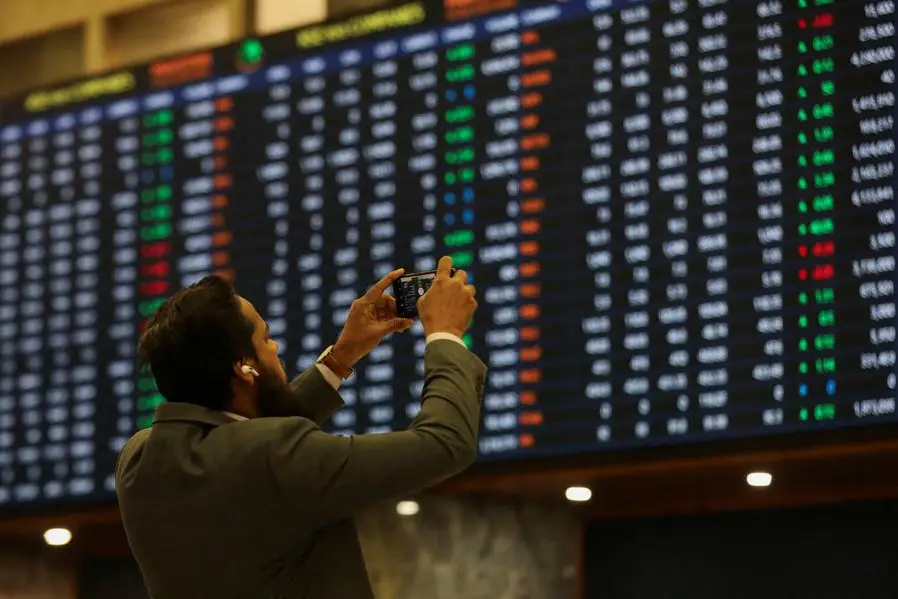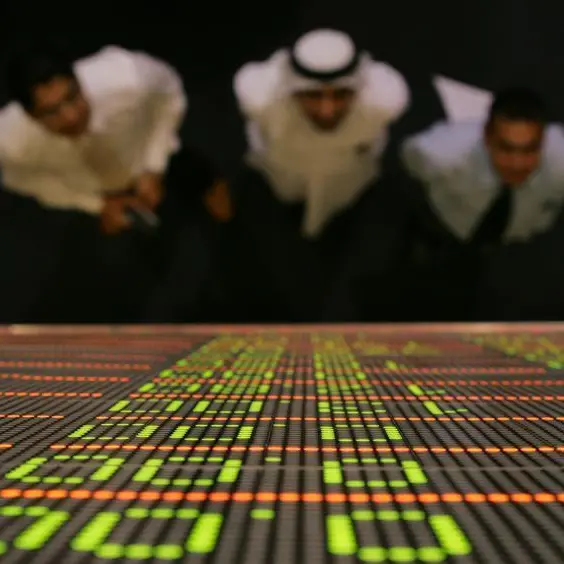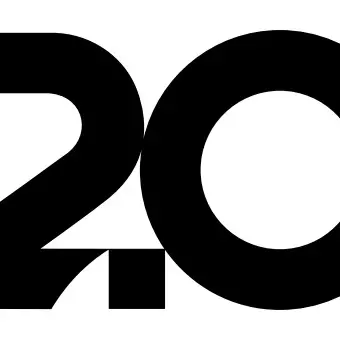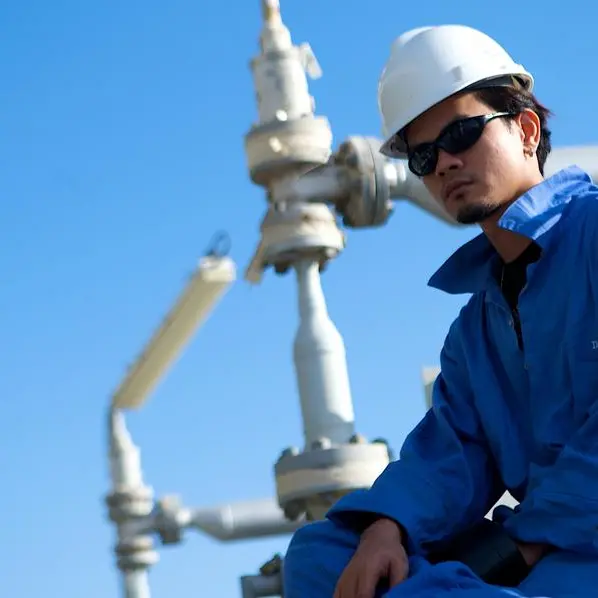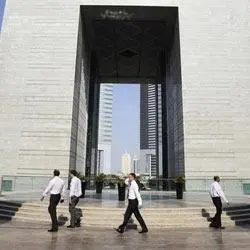PHOTO
KARACHI - Pakistan's benchmark share index rose 1% to breach 100,000 points for the first time on Thursday, before easing back below that level.
The South Asian economy has been on a fragile path to recovery, helped by a $7 billion International Monetary Fund (IMF) bailout approved in September. The benchmark index has surged 25% since July's staff level agreement with the IMF, and is one of the top gainers across emerging markets.
The market is up more than 50% this year in dollar terms.
The index closed up more than 5% on Wednesday, recovering losses from the previous day, when it fell 3.6% on news of political clashes.
The market has jumped from 40,000 to 100,000 in 17 months, said Mohammed Sohail, CEO of Topline Securities, with the IMF bailout and new-found fiscal and monetary discipline improving investor sentiment.
A "faster-than-expected fall in inflation and interest rates have added cash liquidity," Sohail added.
Pakistan slashed interest rates by a record 250 basis points to 15% earlier in November in a bid to revive its economy amid a big drop in inflation, which came in at 7.2% in October, from a multi-decade high of nearly 40% in May 2023.
Even with the rally, Pakistan shares have an average price-to-earnings ratio of around five, compared to a historical average of around seven.
However, Ahmad Mobeen, senior economist at S&P Global Market Intelligence, told Reuters that while investor sentiment had improved, the stock market surge "does not directly correlate with long-term growth prospects".
"Sustainable growth will require addressing structural challenges, including low investment, high energy costs, under-taxed sectors, a consumption-heavy economy, and a large informal sector," he said.
(Reporting by Ariba Shahid in Karachi. Editing by Tom Hogue and Mark Potter)
